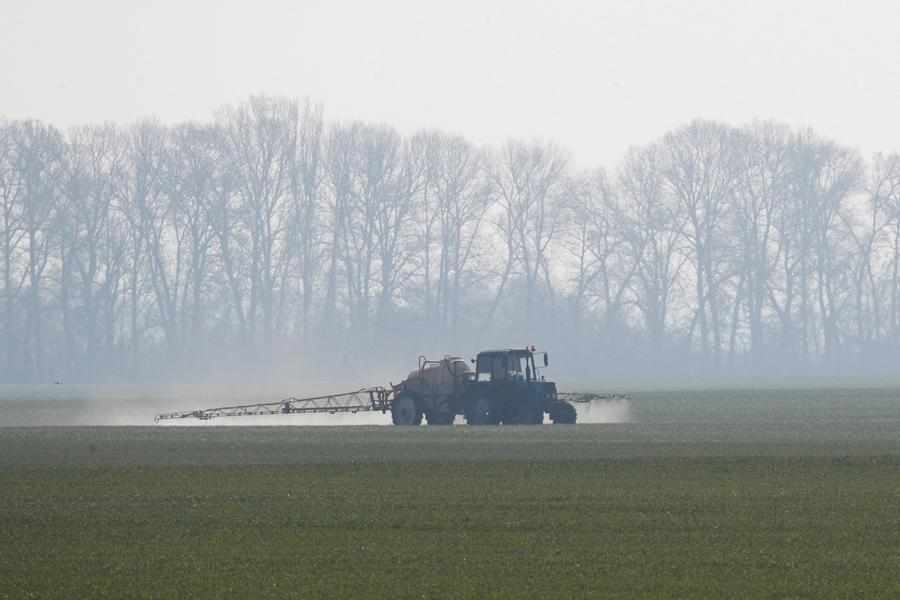Beeswax in Nok pots provides evidence of early West African honey use – MENAFN.COM
- Date: 28-May-2021
- Source: MENAFN
- Sector:Industrial
- Country:Gulf
Beeswax in Nok pots provides evidence of early West African honey use – MENAFN.COM
(MENAFN - The Conversation) The honeybee is the world's of food crops and beekeeping plays an important global economic role. Around 1. 6 million tonnes of honey is and wild honey is also known to be widely collected by foragers globally. Hive products like honey, beeswax, bee larvae, pollen and propolis for food, medicinal and cosmetic purposes. They also provide for households across much of Africa. Considerable and literature across the continent suggests bee products, honey and larvae have long been important as food and in making drinks. But it's not known how old the practice of honeybee exploitation is in Africa. Our recent project has yielded the first direct chemical evidence for honeybee product exploitation in West Africa. We achieved this result by analysing organic residues of prehistoric pottery excavated from Nok culture sites in Nigeria. The Nok people, for their remarkable large-scale terracotta figurines and early iron working, ago in Nigeria. Little was known of their diet and subsistence practices, as acidic soils at Nok archaeological sites meant there was little surviving organic material. Animal bones or plant remains, which would reveal whether they grew crops and kept domesticated animals or hunted wild game, did not survive. Organic























